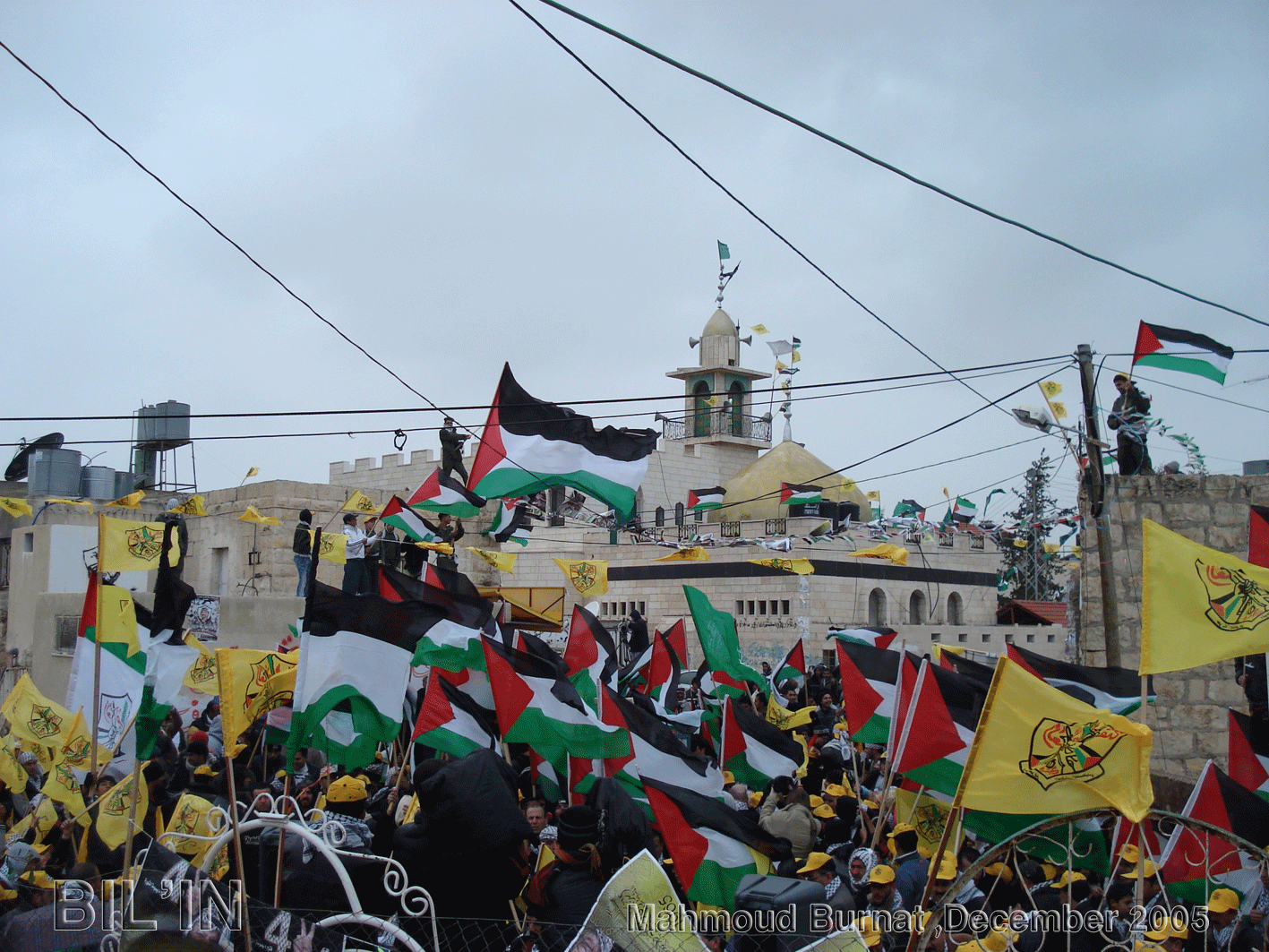Judge Advocate General’s “extremely unreasonable” decision
The Israeli High Court ruled today in favor of changing the indictments filed against the soldier and commander who were involved in the shooting of a handcuffed detainee in Ni’lin, so as to reflect the gravity of the offenses. The human rights organizations who had filed the petition to change the indictments expressed satisfaction with the decision, saying that it conveys a crucial message that protection of human rights must be a primary consideration for law-enforcement agencies. The organizations said they hope that in the future, High Court intervention will not be necessary for military law-enforcement agencies to convey to soldiers and commanders an unequivocal message to safeguard human life and dignity.
However, the organizations voiced concern over the fact that even though the abuse of the handcuffed detainee was filmed and caused a public outcry, the High Court’s intervention was necessary for the army to take proper action against the offenders. They said that the many reports regarding violence by security forces in the Occupied Territories, accompanied by feeble responses of the military law-enforcement agencies, raise doubt as to the ability and commitment of the army’s command level to comply with essential moral and legal norms.
Background
In August 2008, Ashraf Abu Rahma petitioned the Israeli High Court of Justice ? with the assistance of Israeli human rights organizations B’Tselem, ACRI, PCATI and Yesh Din ? after having been shot by a soldier at close range while blindfolded. The petitioners demanded that the indictments filed against the soldier who fired the shot, Staff Sergeant L., and the platoon commander, lieutenant Col. Omri Borberg, be changed so as to reflect the severity of the offenses. Using a weapon to intimidate, and shooting a handcuffed detainee may amount to abuse of detainee under aggrevated circumstances, an offense that carries a penalty of seven years in prison.
Ashraf Abu Rahma is happy with the decision, although he feels it is too late, one year after the shooting. Because of the violence of Israeli soldiers in the service of the occupation, he says, there are hundreds of other similar cases to his own that go undocumented and continue to occur with impunity. On the 17th of April, 2009, his brother Bassem was shot with a tear gas canister by an Israeli soldier at a peaceful demonstration against the wall in Bil’in.
In the petition, attorneys Limor Yehuda and Dan Yakir from ACRI stated that the decision of the Military Prosecutor to charge the soldier and commander with “unbecoming conduct”, an offense which does not appear on criminal records, is highly unreasonable and conveys an alarming message of disrespect for human lives, laying the foundation for future incidents of abuse.
For more information
Nirit Moskovitch, ACRI, 052-341-0631
Sarit Michaeli, B’Tselem, 050-538-7230
Libby Friedlander, Yesh Din, 054-2457682
Yoav Loeff, PCATI, 054-3368434
For more information, Please call
Abdullah Abu Rahamah, the coordinator of the Popular Committee Against the Wall in Bilin.
0547258210 or 0599107069
e-mail ? [email protected]




Post Your Comment
*It should be NOTED that your email address won't be shared, and all communications between members will be routed via the website's mail server.